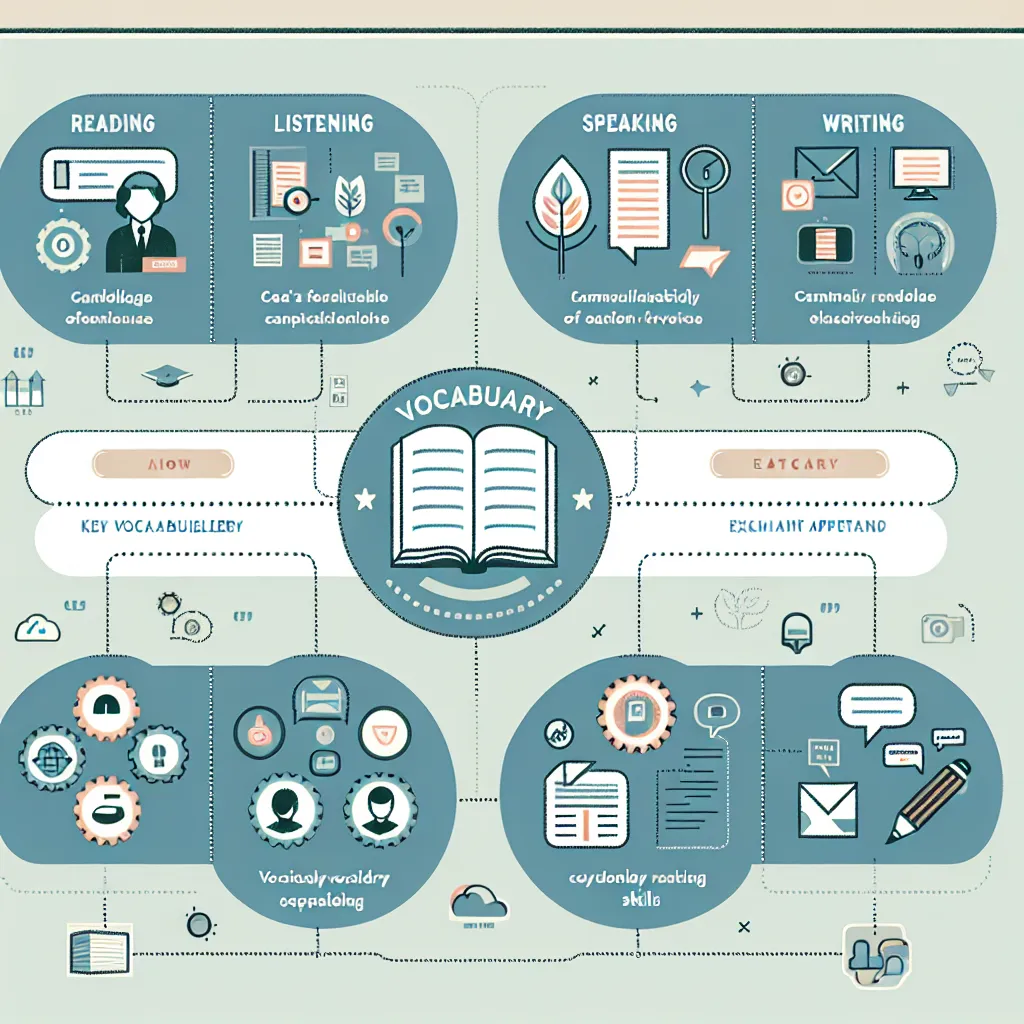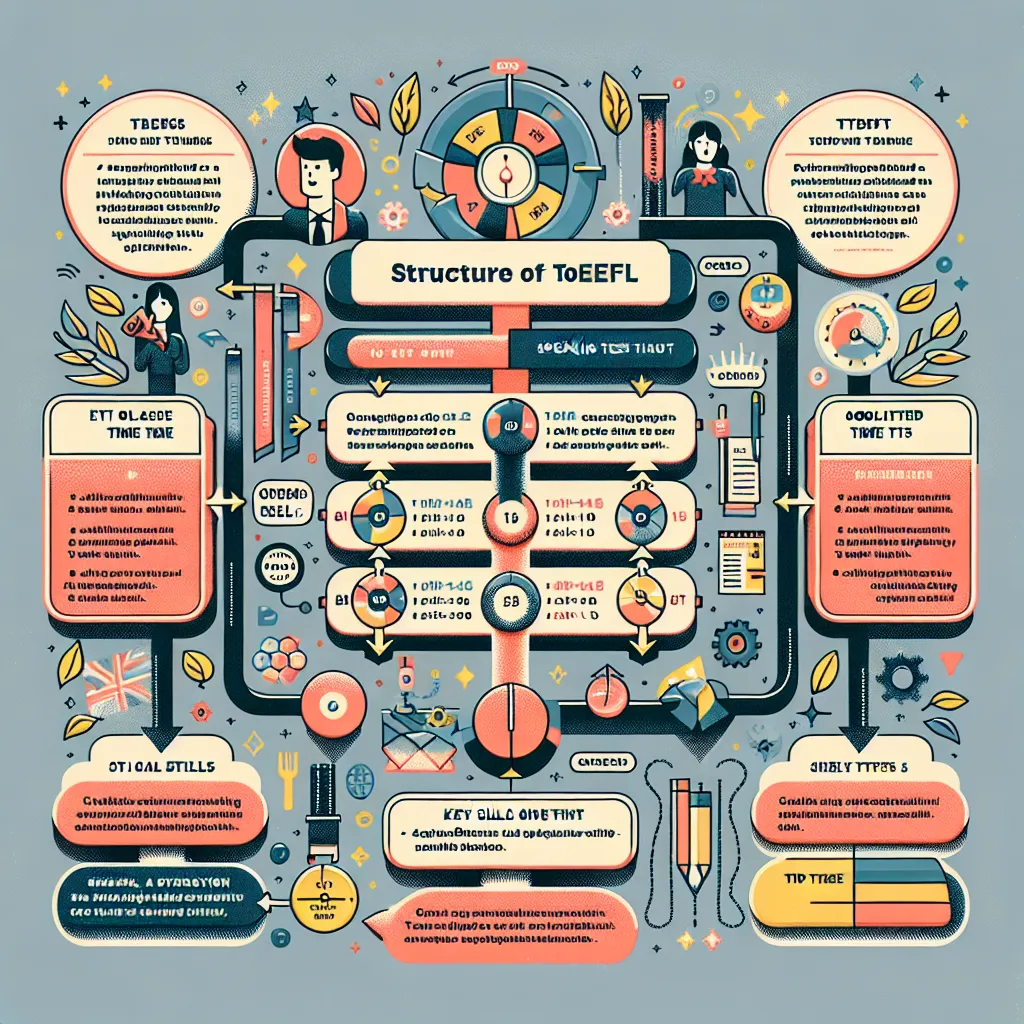Are you preparing for the TOEFL exam and looking to enhance your vocabulary skills? You’re in the right place! This comprehensive guide will walk you through effective strategies and techniques to improve your TOEFL vocabulary, helping you boost your confidence and achieve a higher score on the test.
Understanding the Importance of Vocabulary in TOEFL
Before diving into the strategies, it’s crucial to understand why vocabulary is a key component of the TOEFL exam. A rich vocabulary is essential for all four sections of the test: Reading, Listening, Speaking, and Writing. It allows you to:
- Comprehend complex reading passages more easily
- Understand spoken English in various contexts
- Express your ideas clearly and precisely in speaking tasks
- Write coherent and well-structured essays
 TOEFL Vocabulary Importance
TOEFL Vocabulary Importance
Effective Strategies to Improve TOEFL Vocabulary
1. Create a Personalized Word List
Start by creating your own vocabulary list. As you encounter new words during your TOEFL preparation:
- Write down the word
- Note its definition
- Include an example sentence
- Add any synonyms or antonyms
This personalized approach helps you remember words more effectively and understand their usage in context.
2. Use Spaced Repetition
Spaced repetition is a learning technique that involves reviewing information at increasing intervals. To apply this to vocabulary:
- Review new words daily for the first week
- Then, review them weekly for a month
- Finally, review monthly until the exam
This method helps move words from short-term to long-term memory, ensuring you retain them for the test.
3. Utilize Flashcards and Apps
Flashcards, whether physical or digital, are excellent tools for vocabulary building. Some popular apps for TOEFL vocabulary include:
- Quizlet
- Anki
- Magoosh Vocabulary Builder
These apps often incorporate spaced repetition and gamification elements to make learning more engaging and effective.
4. Read Extensively in English
Reading is one of the most effective ways to improve your vocabulary naturally. Focus on materials similar to those you’ll encounter in the TOEFL:
- Academic journals
- News articles from reputable sources
- Non-fiction books on various topics
As you read, note unfamiliar words and add them to your personalized word list.
5. Listen to Academic Content
Improve your listening skills and vocabulary simultaneously by engaging with academic content in audio format:
- TED Talks
- Academic podcasts
- Online lectures from platforms like Coursera or edX
This approach helps you learn new words in context and improves your ability to recognize them in spoken English.
6. Practice Word Formation
Understanding word formation rules can significantly expand your vocabulary. Focus on:
- Prefixes (e.g., un-, dis-, re-)
- Suffixes (e.g., -tion, -able, -ous)
- Root words
For example, knowing that “bio-” means “life” can help you understand words like biology, biodiversity, and biosphere.
7. Use Context Clues
Develop the skill of deducing word meanings from context. This is particularly useful for the reading section of the TOEFL. Practice by:
- Reading passages without a dictionary
- Trying to guess unfamiliar word meanings based on surrounding text
- Checking your guesses afterward
This skill not only helps during preparation but also during the actual test when you encounter unknown words.
8. Create Word Maps
Word maps or semantic maps are visual tools that help you connect related words and concepts. To create a word map:
- Write the main word in the center
- Draw branches for related words, synonyms, and antonyms
- Add example sentences or phrases
This method helps you build a network of vocabulary, making it easier to recall and use words effectively.
 TOEFL Vocabulary Word Map
TOEFL Vocabulary Word Map
9. Incorporate New Words into Your Speaking and Writing
Active use of new vocabulary is crucial for retention. Challenge yourself to use newly learned words in:
- Daily conversations
- Writing practice for TOEFL essays
- Speaking practice for TOEFL tasks
This active recall strengthens your memory and improves your ability to use words naturally in the exam.
10. Take Practice Tests
Regular practice tests are essential for TOEFL preparation, including vocabulary improvement. They help you:
- Identify vocabulary gaps
- Get accustomed to the test format
- Practice using vocabulary in context
Use official TOEFL practice materials or reputable third-party resources to ensure the vocabulary you’re learning is relevant to the exam.
Important Considerations
While building your TOEFL vocabulary, keep these points in mind:
- Quality over quantity: Focus on understanding and using words correctly rather than memorizing a vast number of words.
- Context is key: Learn words in context to understand their nuances and appropriate usage.
- Consistency is crucial: Regular, daily practice is more effective than cramming.
- Balance your approach: Combine various strategies to cater to different learning styles and reinforce your knowledge.
Next Steps
Now that you have a comprehensive plan to improve your TOEFL vocabulary, it’s time to put these strategies into action:
- Start by creating your personalized word list
- Set up a study schedule incorporating the various techniques mentioned
- Begin with 10-15 new words per day, gradually increasing as you become more comfortable
- Take regular practice tests to assess your progress
- Adjust your strategy based on your performance and areas of improvement
Remember, improving your vocabulary is a gradual process. Stay consistent, and you’ll see significant improvements in your TOEFL performance.
By following this guide and maintaining a disciplined approach to your TOEFL vocabulary preparation, you’ll be well on your way to achieving your desired score. Good luck with your studies!
[internal_links]




